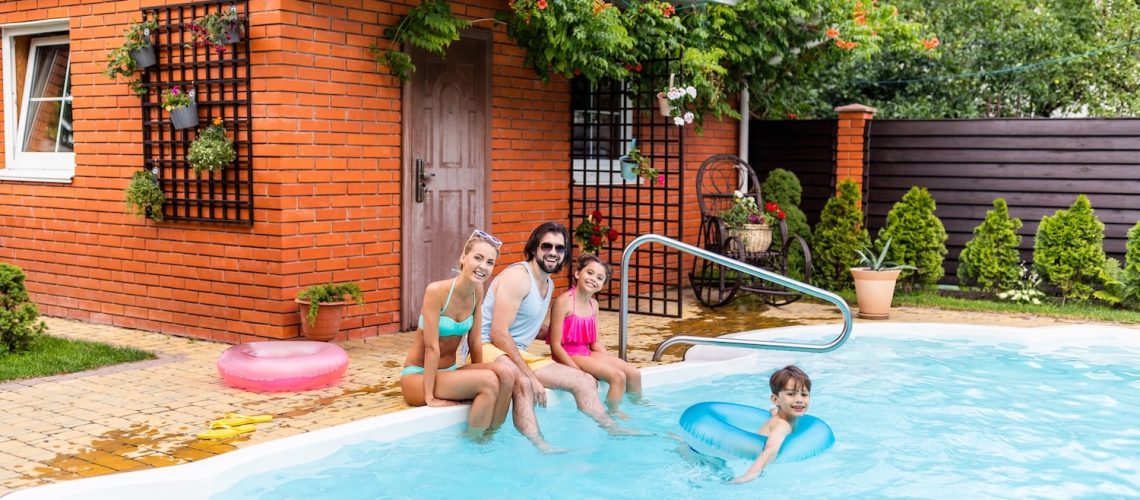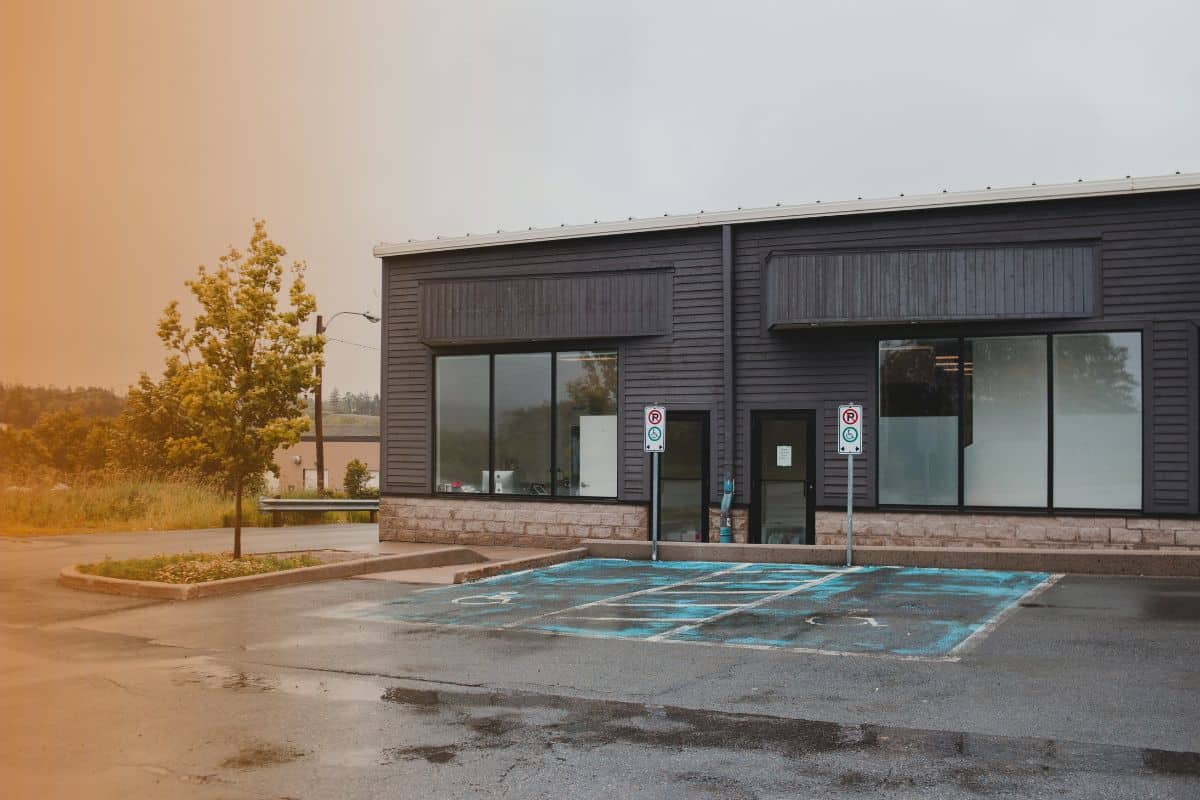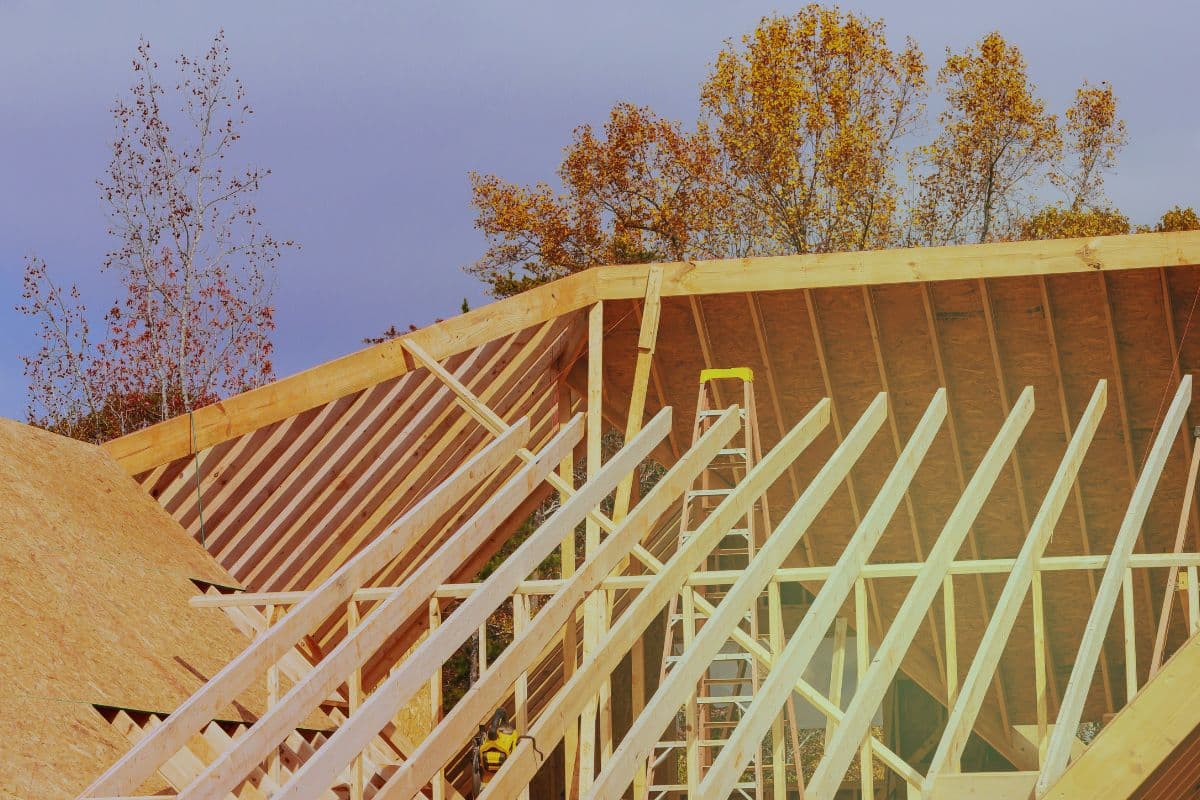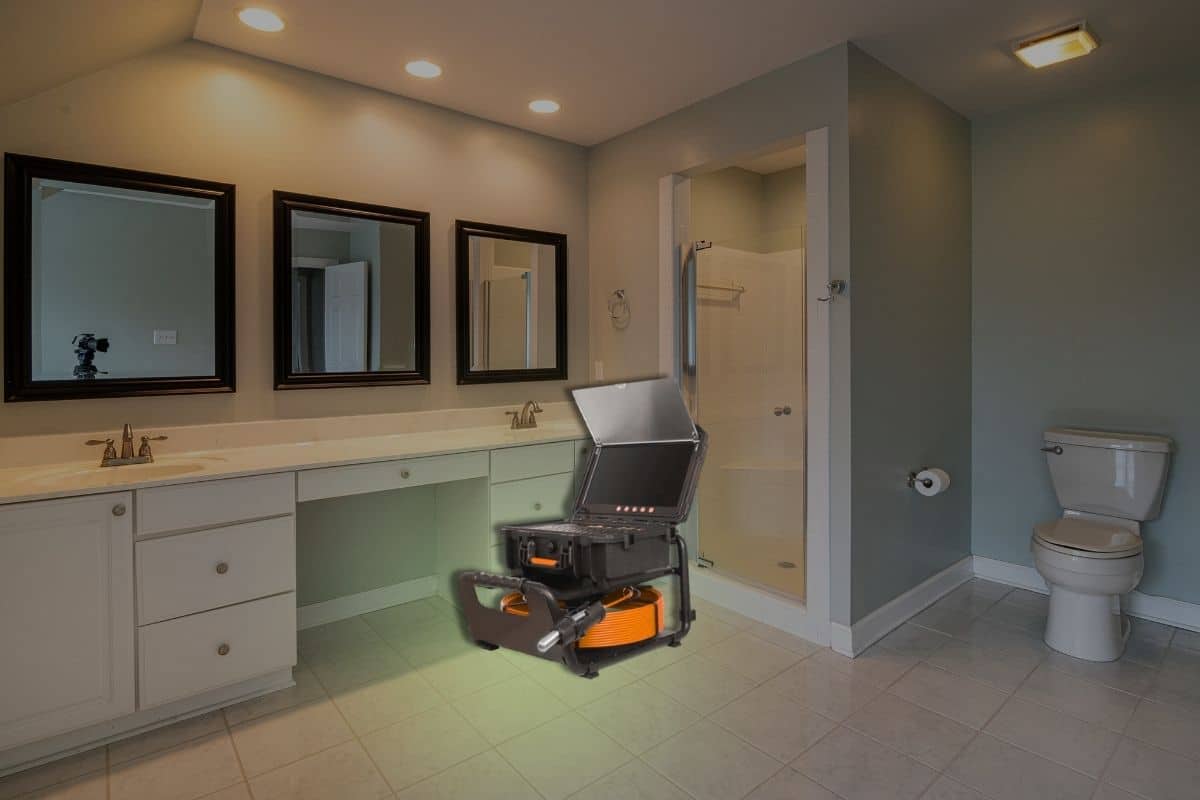A backyard pool is often seen as a great bonus when buying a house. However, as any inspector will tell you, there are important trade-offs. Here are some common hazards we often find, and why addressing them early can save you stress, money, and more.
Table of Contents
Toggle1. Cracks or Damage in the Pool Structure
Even small cracks in the pool’s surface can hint at bigger problems, like leaks or settling. Sometimes, it’s just cosmetic. Other times, it points to issues with the foundation or pool shell that could lead to thousands in repairs.
What could it cost you? Structural pool repairs can range from $500 to over $5,000, depending on the extent of the damage. It’s one of those things that’s better to catch early.
2. Outdated or Improper Pool Fencing
Pool safety fences are more than a nice-to-have—they’re a requirement in many areas, especially if children are around. In some inspections, we’ve seen gates that don’t latch properly or fences that don’t meet code, even in newer homes.
According to the CDC, proper pool barriers can reduce the risk of drowning by up to 83%. If your fence is missing, broken, or too short, it’s a serious liability.
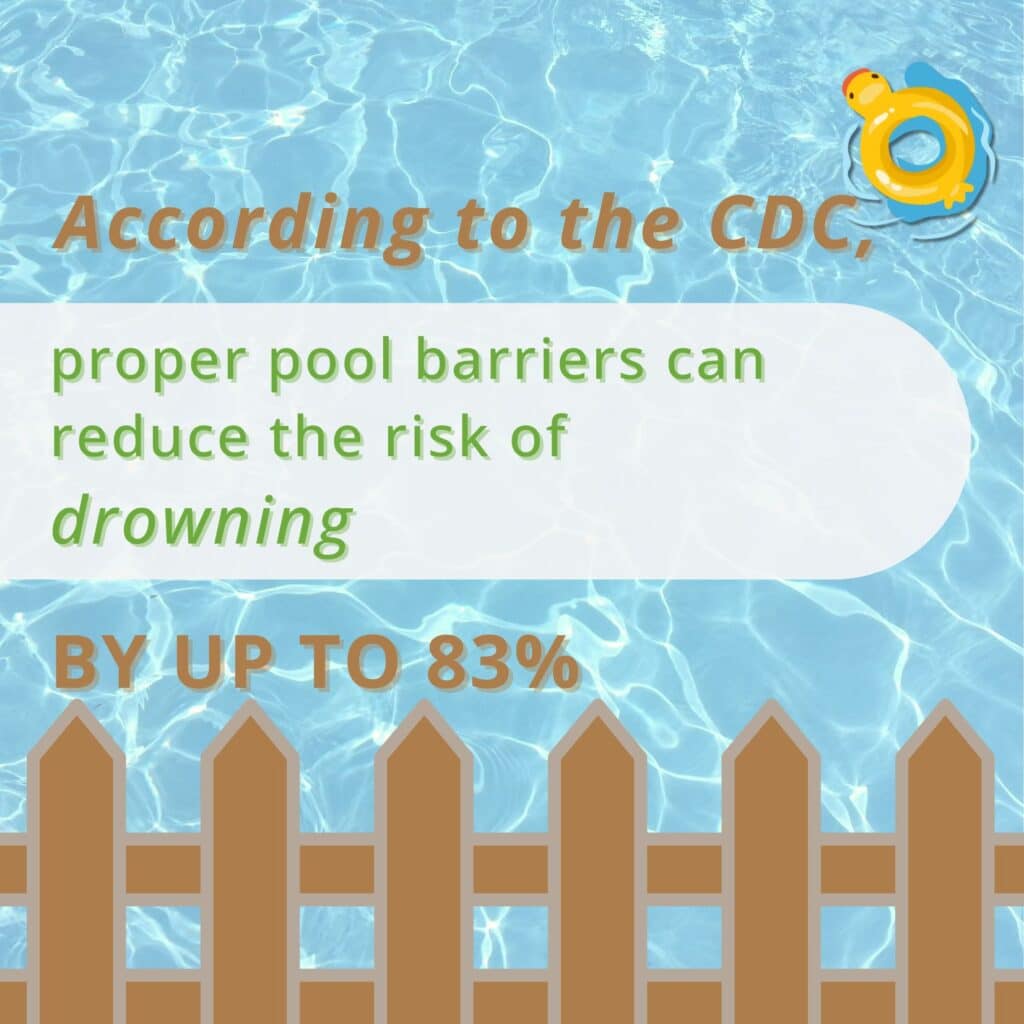
3. Faulty Electrical Components
Pools use power for pumps, lighting, heaters, and sometimes even entertainment setups. But when those electrical components are outdated, improperly grounded, or exposed to water, it’s a major hazard.
Issues like ungrounded outlets or outdated wiring usually show up in a general home inspection. That said, we always recommend having a licensed electrician evaluate any pool-related wiring if there’s concern.
4. Malfunctioning Pool Equipment
Over time, equipment like pool pumps, heaters, and filters can wear out. That’s especially true if the pool or house haven’t been well-maintained. During inspections, we sometimes notice equipment that’s noisy, leaking, or simply not working at all.
Common replacement costs:
- Pumps: $700–$1,500
- Heaters: $1,500–$4,000
- Filters: $200–$800
These components are crucial not just for convenience, but for keeping the pool clean and safe.
5. Water Quality Problems
A sparkling pool might look great, but that doesn’t always mean the water is healthy. Poor filtration, chemical imbalances, and signs of algae or cloudy water could indicate a bigger issue.
We’re not testing chemical levels during a standard inspection, but poor water quality is often a red flag that equipment or maintenance has been neglected.
Professional water treatment typically ranges from $80 to $500 depending on severity and frequency.
6. Slippery or Cracked Pool Decking
A cracked, uneven, or slippery pool deck is more than just an eyesore—it’s a major fall risk. We often find loose tiles, sunken sections, or worn finishes that could cause injury.
Resurfacing pool decking typically costs around $3 to $5 per square foot, depending on the materials used. It’s especially important to check these areas before listing a home or making an offer.
7. Inadequate Drain Covers or Suction Hazards
Drain entrapment is a serious safety concern, particularly in older pools. Modern pools are required to have compliant drain covers under the Virginia Graeme Baker Pool and Spa Safety Act, but not all do.
This is one of those things that isn’t always visible at first glance, but can be dangerous if overlooked, especially for young swimmers.
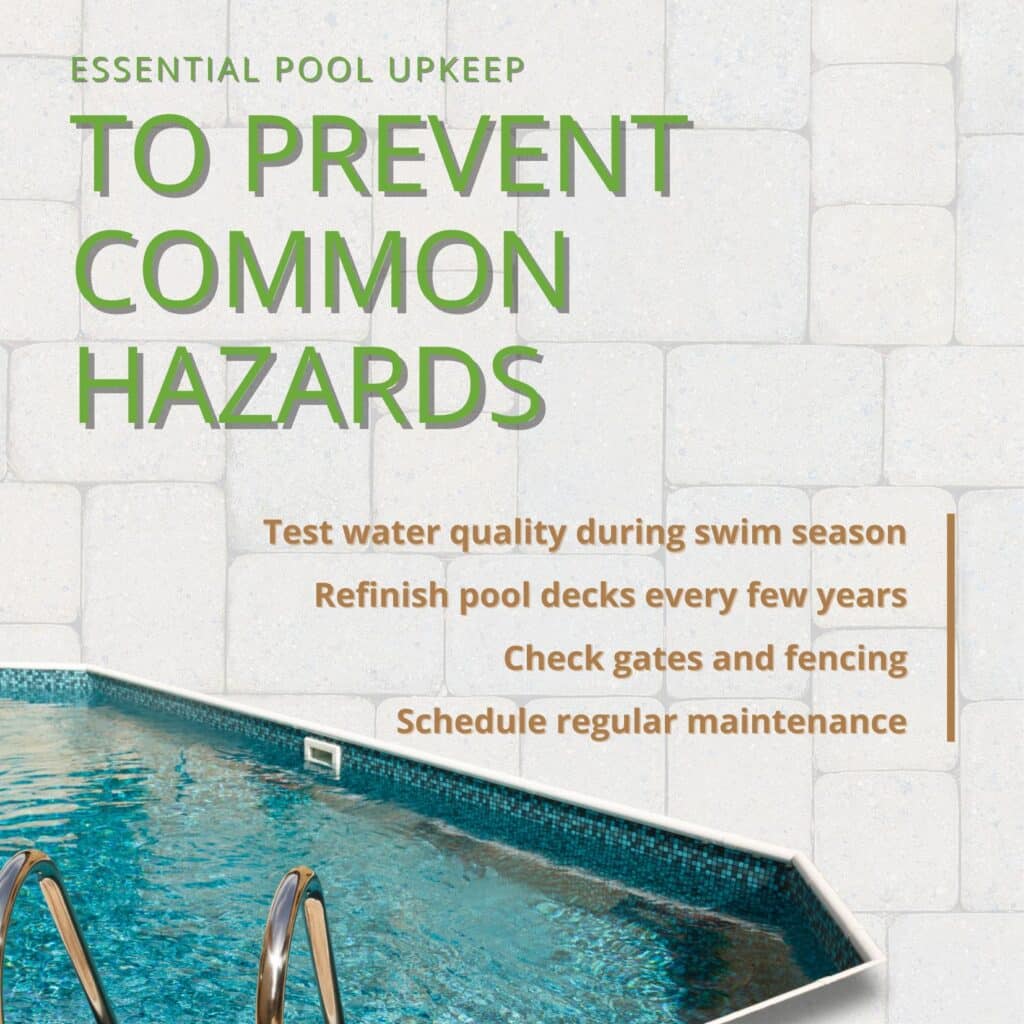
Why The Hazards Matter
For homebuyers, discovering these issues after the sale can be a rude (and expensive) awakening. And for sellers, unresolved pool hazards can derail a deal or lead to surprise repair requests during closing.
It’s worth remembering: a pool in poor condition can actually lower house value, especially if it feels more like a burden than a feature.
Pool Maintenance to Keep Up With
Even if there are no major issues now, staying on top of regular maintenance is the best way to avoid future headaches. We recommend homeowners with pools:
- Check gates and fencing at least once a year
- Schedule regular servicing for pumps, heaters, and filters
- Test water quality weekly during swim season
- Refinish pool decks every few years for safety and curb appeal
When to Call a Professional
At Inspection Gator, we include pool areas as part of our complete home inspections, but for in-depth assessments, like pressure testing lines or evaluating heating systems, you may also want to hire a licensed pool technician.
Still, many pool-related red flags are caught during standard home inspections. If you’re buying, selling, or just haven’t had your home inspected in a while, we can help you spot the issues early.
Conclusion
A pool can absolutely add value to a house, but only if they’re safe, clean, and well-maintained. The hazards we’ve covered here don’t always jump out at buyers or sellers, but they can have a big impact on your budget and peace of mind.
If you’re planning to buy or sell a home with a pool, don’t skip the inspection. We’ll take a closer look at the pool and everything around it, so you can make a confident decision before you dive in.

